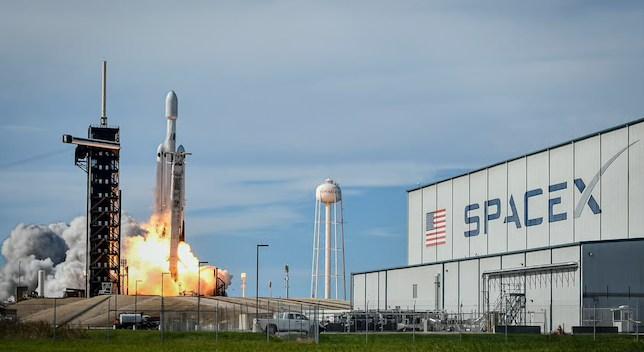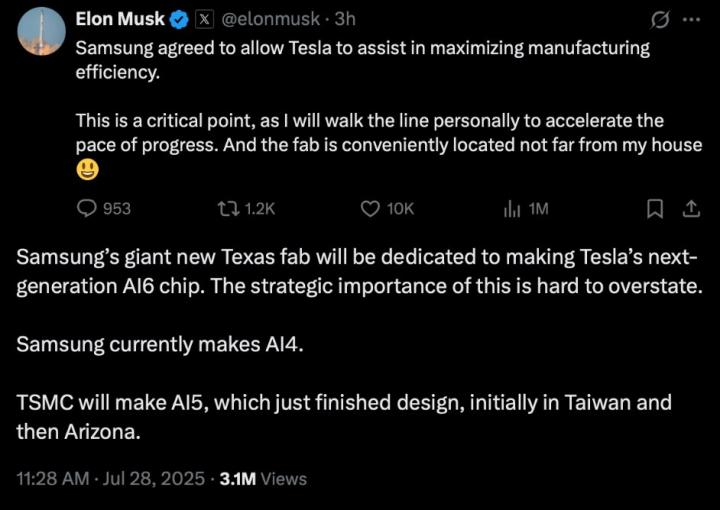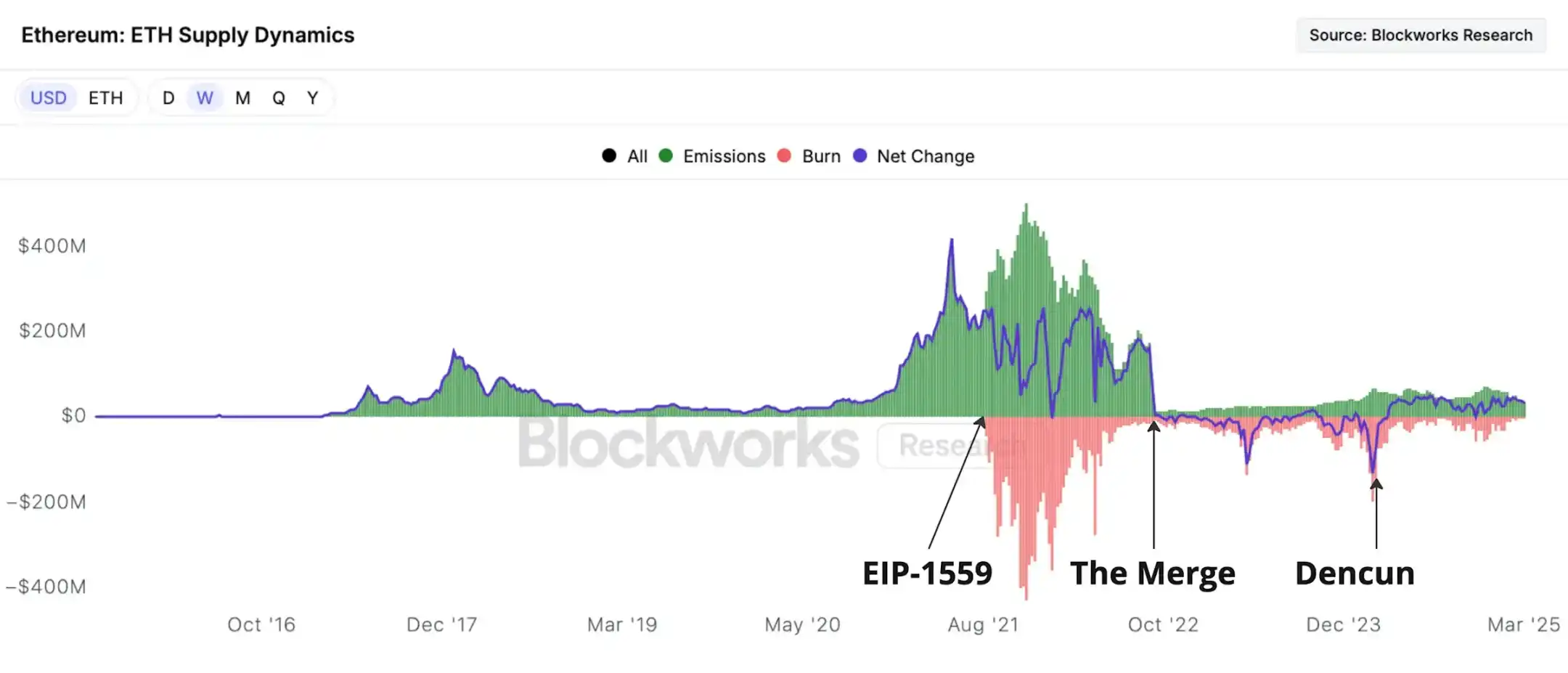Rocket Plan from 0 to 1, Colonizing Mars Can Sustain Human Civilization
Musk opened by saying that many people claim his rocket plan is just empty talk, with even his SpaceX team joking that it sounds too far-fetched. However, he subsequently pointed out that the rocket plan has transformed from "impossible" to "progressing a bit slowly", with the next step hoping to successfully recover the upper rocket stage this year or by the latest in the first half of 2026, and fully realize a rocket system that is "quickly recoverable and completely reusable".
Discussing the Mars plan, Musk noted that initially, humans would have to live under glass domes or move around in Mars spacesuits. Regarding Mars society's governance, he said that would be "a matter for Martians". He added that if Earth were to experience a world war or be struck by a meteor, at least human civilization could continue on Mars, and exploring the universe and expanding boundaries is itself a form of human romance and motivation.

Revealing Robotaxi Future Layout, Roadster Supercar Expected to Debut by Year-End
Discussing the self-driving taxi (Robotaxi) platform planning, Musk revealed that Tesla will have both its own fleet and a fleet joined by car owners, similar to a combination of Uber and Airbnb. Regarding whether the success of RoboTaxi would reduce electric car sales, Musk wryly smiled and said:
"It's better not to answer such an interesting question, as talking too much might affect the stock price."
Regarding the Roadster supercar, which has not been publicly updated for years, Musk stated that the goal is to debut it by the end of the year.

Optimus Robot Scale Reaches 30 Trillion, Becoming the Largest in History
When asked about the progress of the Optimus humanoid robot, Musk directly stated that Optimus might be the largest-scale product in human history. He estimated that if 1 billion units could be mass-produced annually, with each unit's cost reduced to around $30,000, it would represent a $30 trillion market.
Currently, they are choosing to skip the second-generation design and directly advance to the third generation with more complete functionality. Although only a few hundred robots might be mass-produced by the end of the year, it is the correct direction towards large-scale deployment and will fully collaborate with the U.S. Food and Drug Administration (FDA).
Assuming Optimus begins mass production, it would initially be used in medical care and high-risk work environments. Musk stated: "Optimus will definitely dramatically change the entire world in 10 years."
AGI and AI Development Speed, Humans Need to Ponder Life's Meaning
Regarding the arrival of Artificial General Intelligence (AGI), Musk candidly said that AI development is like a "supersonic tsunami" that might have innovative breakthroughs this year or next. He emphasized that making AI a seeker of truth is his first priority for AI safety, and it should also have a sense of humor because life needs a bit of fun.
He added that if AI has sufficient reasoning and creativity, it could discover new technologies and potentially cure all diseases in the future. However, the biggest challenge might be "how humans find the meaning of life".
Brain-Machine Interface Neuralink Prioritizes Medical Use, Promising to Upgrade Human Brain in the Future
Discussing Neuralink's current status, Musk revealed that 8 paralyzed patients have already had devices implanted, enabling them to control computers through thought. The goal is to reach 20 implanted patients by the end of the year, and next year will launch a "blind vision restoration" device test that directly stimulates the visual cortex.
He suggests that in the future, it might even be possible to record and store human memories, which can then be downloaded into another body or robot, theoretically achieving "digital immortality," but currently, all efforts are prioritizing medical applications and safety.
Transforming X and Grok AI into a More Free and Trustworthy Community Platform
Discussing X's transformation vision, Musk stated that in the future, he hopes to combine video, text, instant messaging, and payment functions to create an all-encompassing platform. He emphasized that they are currently internally testing the "xMoney" feature and are strongly promoting the upgrade of the messaging system to a point-to-point encrypted "XChat".
Regarding the AI assistant Grok, he said it will become one of the platform's core functions in the future, and can even help users analyze the credibility of advertisements. He joked:
"I've always wanted to know if the things in advertisements are real or fake, and now Grok can tell you."
When Humans No Longer Work for Survival, What Is Human Value?
Facing the productivity explosion brought by AI and robots, Musk frankly stated that in the future, everyone will have access to products and services, but the question will become:
"If nothing requires you to do anything, where does your value come from?"
This is also why he is promoting Neuralink, hoping for a deeper symbiosis and connection between humans and AI.

Risk Warning
Cryptocurrency investment carries high risks, and prices may fluctuate dramatically. You may lose all of your principal. Please carefully assess the risks.






